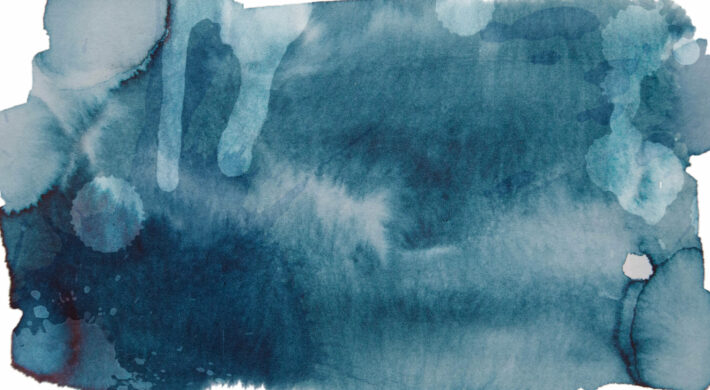Meet our researcher: Georgina Yaa Oduro


Dr. Georgina Yaa Oduro is a Sociologist with the Department of Sociology and Anthropology at the University of Cape Coast in Ghana. She also doubles as the Director of the University’s Gender Centre (CEGRAD). She uses creative research methodologies to explore the voices of local people in the areas of gender, sexualities, youth cultures, mixed-race studies and ocean culture and heritage.
Why did you become interested in researching the ocean, Georgina?
I was born and bred in the harbour city of Tema in Ghana. As an adult, I work in the coastal city of Cape Coast, specifically with the University of Cape Coast. Childhood and adulthood experiences have therefore connected me strongly with the ocean in very special ways. Driving through the university gate to town every day, ‘I see the sea’ because the university of Cape Coast is on a sea front. It is therefore not surprising that, though a sociologist, I have become a researcher in ocean heritage and governance issues with the One Ocean Hub (OOH) project.
What major concerns do you have related to the oceans?
I have been concerned with issues of plastics and ocean pollution as well as vulnerabilities and livelihoods among coastal people and communities in Ghana and global contexts. I recall the resounding voice from one of our interviews with local communities in Ghana, during which an interviewee described the ocean as ‘our office’ with another seeing it as the ‘umbilical cord’ that holds the whole township and community together. Experiences of dwindling stocks, poor catch and other ocean related challenges are therefore flashing ‘red flags’ among coastal people. These experiences come out as threat to their future and general survival which has huge implications not only for the fishers but also women and children.
How would you describe your current research in three sentences?
I am part of the RP 5 team on the One Ocean Hub project in Ghana and we are approaching the research from an ethnographic and socio-cultural perspective. In this regard, our research brings to fore:
- The voices of the people or local communities in their real habitat or ecology thereby highlighting the relevance of local knowledge systems in research projects
- Emerging issues relating to the disconnection between policies and implementation or enforcement, makes the transdisciplinary nature of this project superb, especially with the presence of legal experts which may ultimately aid in the intensification of law enforcement.
- The building of networks and capacity has also characterized this project.
How does your work help us to re-think the current ocean issues/challenges?
Through:
- The projection of voices
- Enhancement of local knowledge systems
- The connections and networks among the multiple stakeholders and users of the ocean.
What are the aspects of working in a collaborative environment such as the One Ocean Hub that you value the most?
The opportunity to work with people of diverse disciplinary backgrounds, countries and organizations on the same project gives the project a holistic picture.
What keeps you going/motivates you in your research?
The fact that I am helping to impact on humanity through the projection of the voices of the marginalized in their own words is a huge inspiration.
The One Ocean Hub aims to transform ocean governance. How does your research contribute to it?
It contributes to transformative ocean governance by highlighting the linkage between local knowledge systems and/or anthropological voices with scientific data to ultimately help promote the human rights of local people for a healthy ocean and humanity.